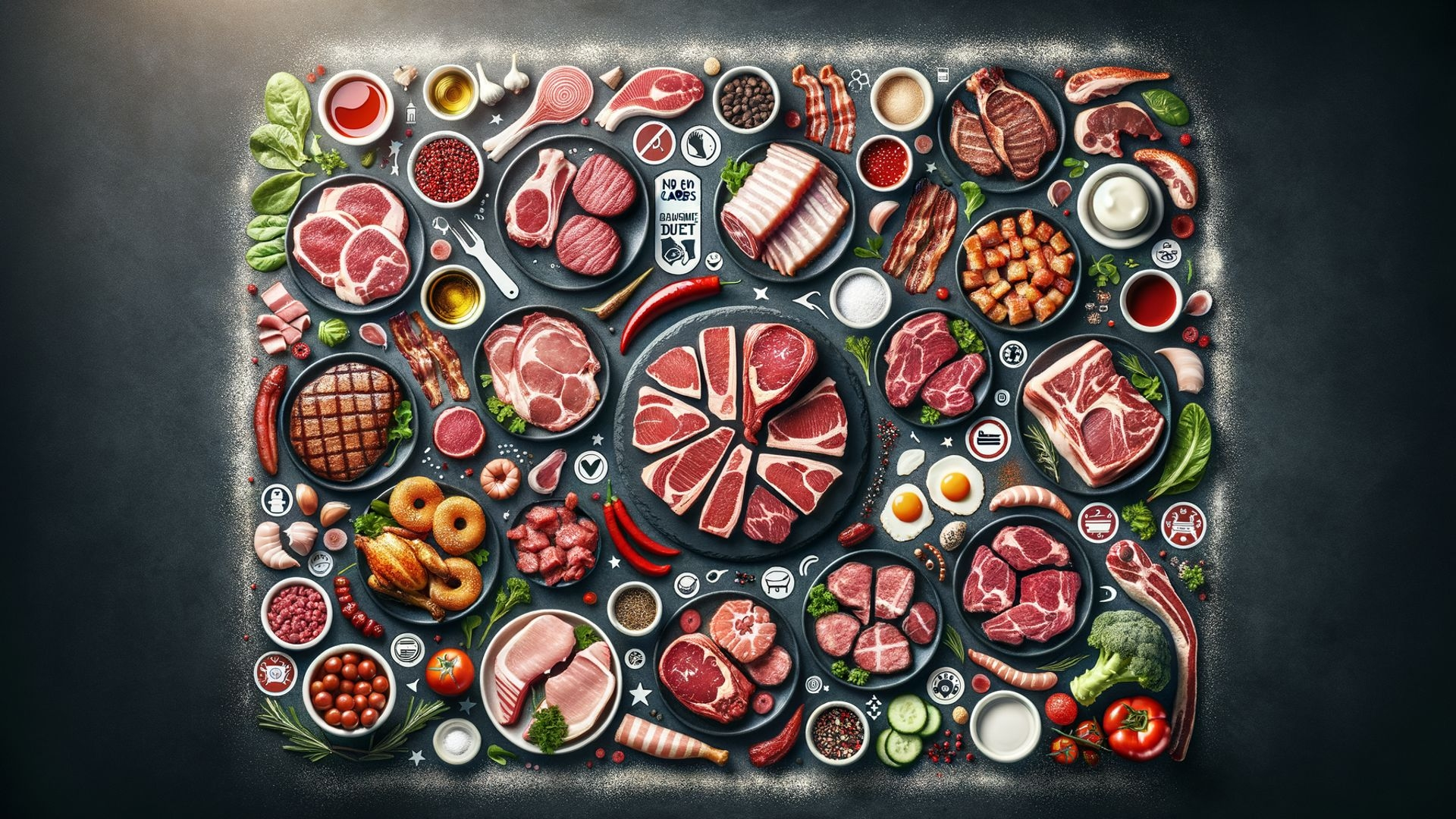Carnivore Cooking: Exploring Olive Oil and Other Cooking Oils for Your Carnivore Diet
When following a carnivore diet, it is essential to pay attention to various aspects of cooking, including the oils you use. Cooking oils play a crucial role in enhancing the flavor of meat dishes and providing necessary fats for the body. In this article, we will delve into the world of carnivore cooking, focusing on olive oil and other cooking oils that can elevate your meat-based meals.
The Basics of Cooking on the Carnivore Diet
Understanding the importance of cooking oils on a carnivore diet is key to creating delicious and nutritious meals. While the diet primarily consists of animal products, the cooking oils used can significantly impact the overall taste and quality of the dishes. Exploring different types of cooking oils suitable for the carnivore diet allows you to experiment with flavors and find the best cooking oils for your recipes. Optimal cooking techniques for meat ensure that you retain the maximum nutritional benefits while cooking on a carnivore diet.

Choosing the Right Oils for Health and Flavor
Comparing the health benefits of olive oil versus animal fats can help you make informed decisions about your cooking choices. While animal fats like tallow and lard are popular choices in a carnivore diet, olive oil offers unique flavor profiles and monounsaturated fats that contribute to heart health. Exploring the nutritional profile of avocado oil and coconut oil provides insight into the diverse options available for cooking on a carnivore diet. Understanding the difference between saturated and unsaturated fats in cooking oils helps you balance your fat intake effectively.
Impact of Cooking Oils on Metabolism and Weight Management
Examining the role of cooking oils in metabolic functions sheds light on how different oils can influence your body’s energy levels and fat consumption. Understanding how cooking oils impact fat consumption and weight loss is crucial for individuals following a carnivore diet to achieve their health goals. Exploring the importance of high smoke point oils for cooking on a carnivore diet ensures that you can cook meat at high temperatures without the risk of oxidation.

Avoiding Harmful Oils and Ensuring Adherence to the Carnivore Diet
Identifying harmful seed oils and trans fats in cooking is essential to maintain the integrity of a carnivore diet. The impact of different cooking oils on cardiovascular health on a carnivore diet highlights the importance of choosing healthy fats for cooking. Tips for ensuring proper fat intake and nutrient balance on a carnivore diet help individuals meet their nutritional needs without straying from the diet’s principles.
Enhancing Flavor and Nutrition with Cooking Oils
Utilizing herbs and spices with different cooking oils for meat can add a layer of complexity to your carnivore dishes. Enhancing nutrient absorption and digestive health with cooking oils ensures that your body can make the most of the nutrients present in meat. Optimizing flavor and texture of meat by using various cooking oils allows you to create diverse and delicious meals that align with your carnivore diet.

Olive Oil in Carnivore Diet Frequently Asked Questions:
What are the benefits of using olive oil in carnivore cooking?
Olive oil is a heart-healthy monounsaturated fat that can add flavor and moisture to meats while providing essential fatty acids.
How does the fatty acid composition of coconut oil compare to olive oil?
Coconut oil, like olive oil, offers a distinct nutrient profile for cooking on a carnivore diet. While coconut oil is high in saturated fats, olive oil is rich in monounsaturated fats, providing varied options for culinary endeavors. Additionally, considering oils rich in omega-3, like pasture-raised varieties, can further enhance the nutritional value of carnivore cooking.
What is the significance of using high smoke point oils in carnivore cooking?
Oils like tallow and ghee have high smoke points, making them ideal for searing meats at high temperatures without the risk of oxidation.
Can I use seed oils in carnivore cooking?
In a carnivore diet, it’s advisable to steer clear of seed oils due to their high polyunsaturated fat content, which may have adverse effects on cardiovascular health. Opting for low-carb, high-fat cooking oils that align with the principles of animal protein consumption can be beneficial for maintaining a carnivore lifestyle.
How can incorporating duck fat enhance the flavor of carnivore dishes?
Duck fat is a flavorful addition to the carnivore diet, enriching meats and vegetables with its rich, savory taste. It complements the protein and fat content of an all-animal diet, including organ meats, offering a delicious and nutrient-dense option for carnivore cooking.
What are the potential risks of consuming trans fats in a carnivore diet?
Trans fats have been linked to heart disease and higher LDL cholesterol levels, posing potential risks to cardiovascular health, especially when consumed regularly. Therefore, it’s crucial to avoid them for long-term well-being on a carnivore diet. Additionally, being mindful of nutrient deficiencies and prioritizing whole-food sources of fat from meat consumption can further support overall health and vitality.
What role do herbs and spices play in carnivore cooking?
Herbs and spices can add variety and flavor to carnivore dishes without compromising the principles of the diet, enhancing the overall culinary experience for followers.






